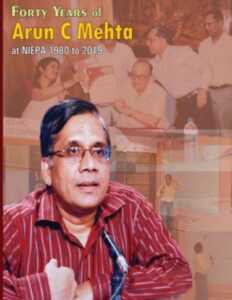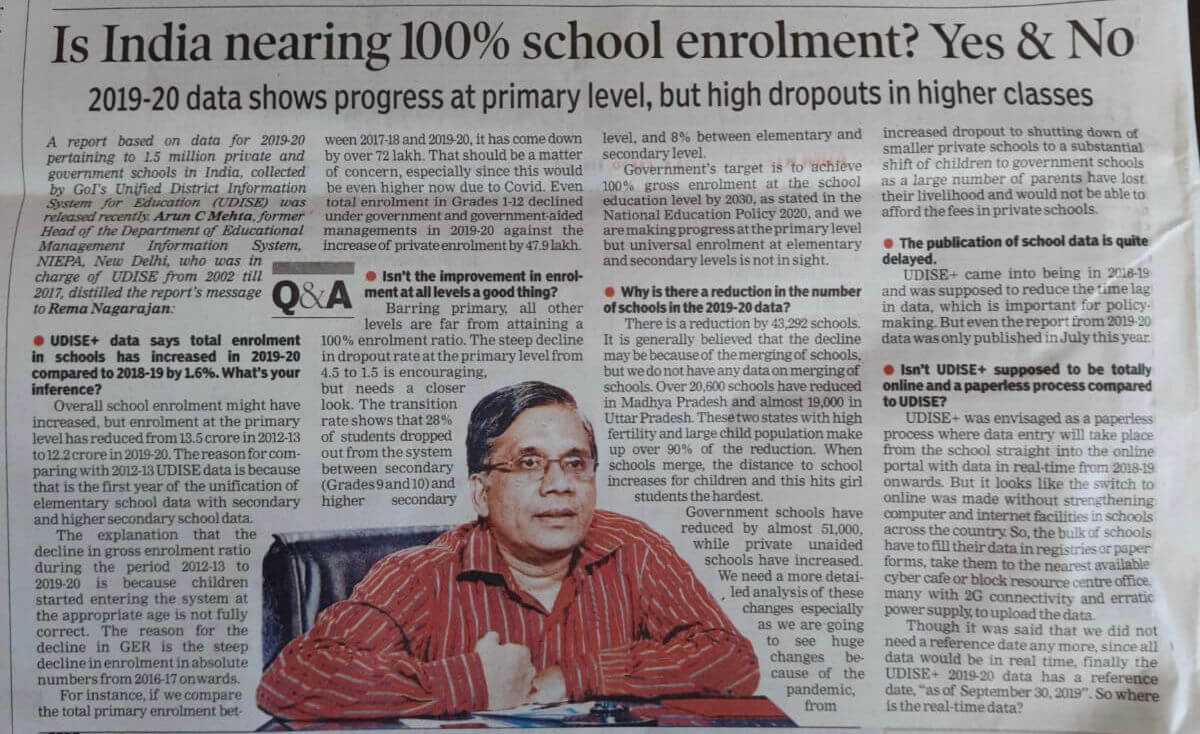Resources and Review
11.1 The Education Commission of 1964-66, the National Education Policy of 1968 and practically all others concerned with education have stressed that the egalitarian goals and the practical, development-oriented objectives of Indian society can be realized only by making investments in education of an order commensurate with the nature and dimensions of the task.
11.2 Resources, to the extent possible, will be raised by mobilizing donations, asking the beneficiary communities to maintain school buildings and supplies of some consumables, raising fees at the higher levels of education and effecting some savings by the efficient use of facilities. Institutions involved with research and the development of technical and scientific manpower should also mobilize some funds by levying a cess or charge on the user agencies, including Government departments, and entrepreneurs. All these measures will be taken not only to reduce the burden on State resources but also for creating a greater sense of responsibility within the educational system. However, such measures will contribute only marginally to the total funding. The Government and the community in general will find funds for such programmes as : the universalisation of elementary education; liquidating illiteracy; equality of access to educational opportunities to all sections throughout the country; enhancing the social relevance, quality and functional effectiveness of educational programmes; generating knowledge and developing technologies in scientific fields crucial to self-sustaining economic development and creating a critical consciousness of the values and imperatives of national survival.
11.3 The deleterious consequences of non-investment or inadequate investment in education are indeed very serious. Similarly, the cost of neglecting vocational and technical education and of research is also unacceptable. Sub-optimal performance in these fields could cause irreparable damage to the Indian economy. The network of institutions set up from time to time since Independence to facilitate the application of science and technology would need to be substantially and expeditiously updated, since they are fast becoming obsolete.
11.4 In view of these imperatives, education will be treated as a crucial area of investment for national development and survival. The National Policy on Education, 1968, had laid down that the investment on education be gradually increased to reach a level of 6 per cent of the national income as early as possible. Since the actual level of investment has remained far short of that target, it is important that greater determination is shown now to find the funds for the programmes laid down in this Policy. While the actual requirements will be computed from time to time on the basis of monitoring and review, the outlay on education will be stepped up to ensure that during the Eighth outlay on education will be stepped up to ensure that during the Eighth outlay on education will be stepped up to ensure that during the Eighth Five Year Plan and onwards it will uniformly exceed 6 per cent of the national income.
REVIEW
11.5 The implementation of the various parameters of the New Policy must be reviewed every five years. Appraisals at short intervals will also be made to ascertain the progress of implementation and the trends emerging from time to time.





